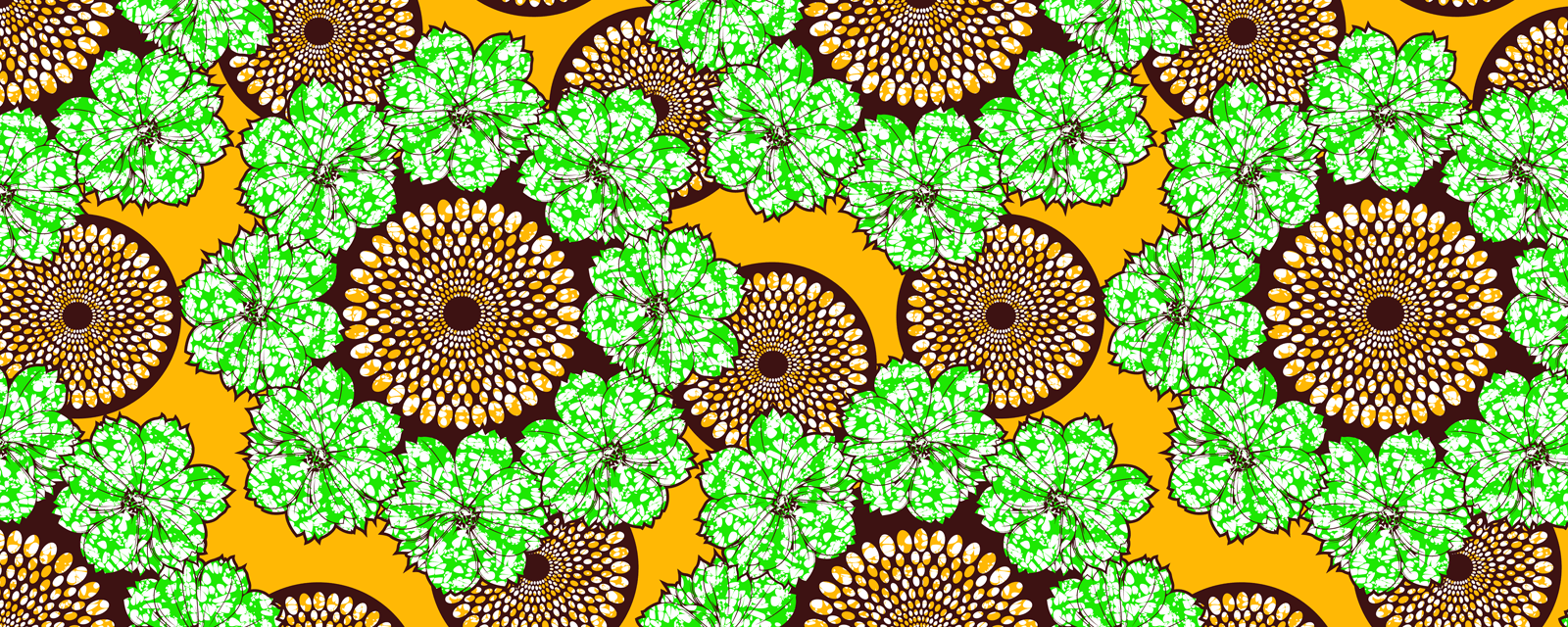Carefully weave the acts of kingship runs the first line of the first poem in this selection of Praise-Poems (The Sultan of Bornu). Praise-Poems exist in many different parts of Africa. In Yorùbá they are called Oriki, in Zulu lzibongo, in Tswana Maboko — the list of examples would be a very long one.
Their most common purpose is to praise the character and the achievements of chiefs and kings, and the ‘acts of kingship’ praised in these poems are many and varied. Some kings, like the Sultan of Bornu, are praised as powerful men and protectors. Ndaba is remembered as a great hunter who never wronged anybody. Seepapitso, whose ‘deeds are peaceful’, is thanked for his wisdom in improving the nation’s water supplies, and Shaka is praised, in an impressive and terrifying poem, for his military genius and restless, unbounded energy.
The Praise-Poet, however, is not just concerned with direct praise. He occupies an official position as court poet, but he stands between the ruler and the people. When the Sultan of Bornu is praised for providing his people with food and drink, part of the purpose is to make sure this powerful man does indeed remember his duties. Ndaba and Shaka belong to the same line of kings, but they are praised in completely, different terms, and it is far from clear that Shaka really is the greater man. The clearest example of the Praise-Poet as critic is The Abdication. This Praise-Poem is a contemptuous attack on King Sisi for neglecting the responsibilities of kingship and worrying only about his mistress Sini. The Praise-Poem, in short, is more accurately described as an account of a ruler’s character and of his historical importance. A series of praises makes up a national biography.
Praise-Poems do not deal only with chiefs and with kings. Any person may be praised for his skills or his personality. The ironsmith is praised by his wife (In Praise of the Ironsmith). The homecoming warrior is praised by the women of his village (The Warrior’s Homecoming). The farmer is praised as a challenge to him to work even harder (In Praise of the Farmer). In many societies it is common for individuals to praise themselves, summing up their own personality and achievements (Self-Praises for the Ozo Title Day and Women’s Self-Praises). Women are praised as girls, wives, mothers and mothers-in-law, while one of the most vividly detailed of these Praise-Poems is addressed by Bahima women to their herds of cattle (In Praise of Cattle).
The Praise-Poem, then, takes many different forms. Above all, it is concerned with character, with the huge variety of human beings and with the place of the individual in society and in history.

